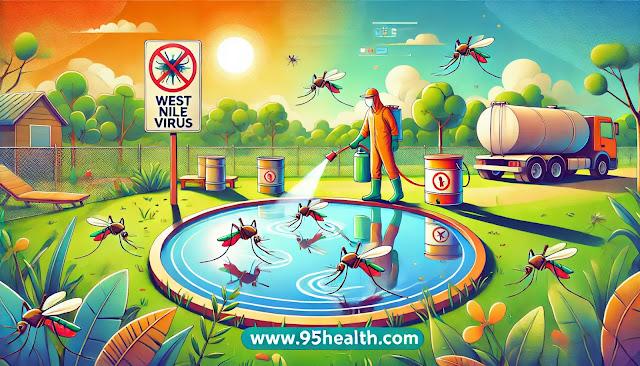First Detection of Jamestown Canyon Virus in Nebraska Mosquitoes
The Nebraska Department of Health has recently identified mosquitoes in the state carrying the Jamestown Canyon Virus (JCV) for the first time. This discovery marks a significant development in the surveillance of mosquito-borne illnesses in the region. Jamestown Canyon Virus, a member of the California serogroup viruses, is primarily transmitted through mosquito bites and has been present across much of the United States, with most cases historically reported in the upper Midwest.
Understanding Jamestown Canyon Virus
JCV is transmitted by infected mosquitoes and circulates in the environment between mosquitoes and animals, particularly deer. Humans are considered “dead-end” hosts, meaning that while they can be infected, they do not spread the virus further to mosquitoes or other humans.
Symptoms and Risks:
Most JCV infections are asymptomatic, but when symptoms do occur, they often resemble those of the flu, including fever, headache, and fatigue. In more severe cases, the virus can cause neurological diseases such as meningitis and encephalitis, leading to symptoms like neck stiffness, seizures, and confusion. Severe disease and death, although rare, are more likely in immunocompromised individuals.
Prevention and Safety Measures
Since there are no vaccines or specific treatments for Jamestown Canyon Virus, prevention focuses on minimizing mosquito bites:
- Wear long-sleeved shirts and pants: Especially during peak mosquito activity at dawn and dusk.
- Use EPA-approved insect repellents: Apply on exposed skin and clothing.
- Install screens on windows and doors: To keep mosquitoes from entering your home.
- Eliminate standing water: Regularly drain water from items like bird baths, buckets, and gutters where mosquitoes can breed.
Ongoing Surveillance and Public Health Efforts
Health departments, including the Centers for Disease Control and Prevention (CDC), emphasize the importance of continued surveillance and public awareness. The CDC and local health agencies regularly monitor mosquito populations and test for various arboviruses, including JCV, to manage and mitigate potential outbreaks.






